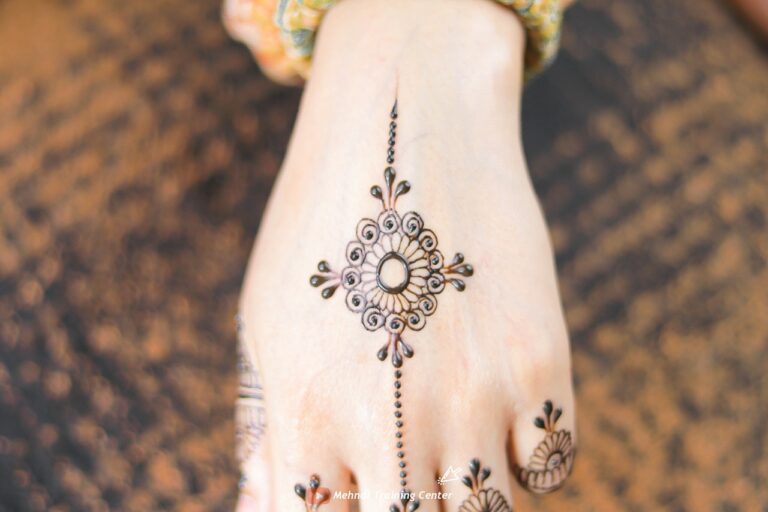Fashion and Digital Marketing Strategies: Engaging Consumers in the Digital Age
Fashion marketing has experienced significant transformations over the years, moving away from traditional methods to more innovative and targeted approaches. With the advent of digital technologies, brands have shifted towards online platforms to connect with their audience and drive sales. This shift has not only widened the reach of fashion marketing efforts but has also allowed for greater personalization and customization in engaging with consumers.
Moreover, the evolution of fashion marketing has seen a rise in the importance of storytelling and brand narratives. Instead of just selling products, brands are now focusing on creating a compelling story around their offerings, aiming to build emotional connections with consumers. By weaving storytelling into their marketing strategies, fashion brands can differentiate themselves in a crowded market and resonate with their target audience on a deeper level.
Understanding Consumer Behavior in the Digital Age
In today’s digital age, consumer behavior has undergone a significant transformation. With the rise of online shopping and social media platforms, shoppers now have instant access to a plethora of information on products and brands. This easy access to various options has made consumers more discerning and selective in their purchasing decisions.
Moreover, the digital landscape has also empowered consumers to research, compare, and review products before making a purchase. This shift in behavior has prompted brands to be more transparent, authentic, and responsive in their marketing strategies. Understanding how consumers navigate through the vast digital world is crucial for businesses aiming to stay ahead in the competitive market.
• Consumers have instant access to a wide range of products and brands online
• Shoppers are more discerning and selective in their purchasing decisions
• Consumers research, compare, and review products before making a purchase
• Brands need to be transparent, authentic, and responsive in their marketing strategies
Utilizing Social Media Platforms for Fashion Marketing
In today’s digital age, social media has become a crucial tool for fashion marketers to reach and engage with their target audience. Platforms like Instagram, Facebook, TikTok, and Pinterest offer brands the opportunity to showcase their products and connect with consumers in a more personal and authentic way. By leveraging these platforms effectively, fashion brands can create compelling content that resonates with their followers and drives traffic to their online stores.
One of the key advantages of using social media for fashion marketing is the ability to interact with consumers in real-time. Brands can respond to comments, messages, and feedback quickly, allowing them to build relationships with their audience and gain valuable insights into their preferences and behaviors. This direct line of communication also enables brands to gather feedback on new products, promotions, and campaigns, helping them tailor their marketing efforts to better meet their customers’ needs and expectations.
How has fashion marketing evolved over the years?
Fashion marketing has evolved from traditional methods such as print ads and fashion shows to digital strategies like social media marketing and influencer collaborations.
Why is it important to understand consumer behavior in the digital age?
Understanding consumer behavior in the digital age is crucial for fashion marketers to effectively target their audience and create personalized marketing campaigns that resonate with their customers.
How can social media platforms be utilized for fashion marketing?
Social media platforms can be utilized for fashion marketing by creating engaging content, collaborating with influencers, running targeted ads, and leveraging user-generated content to showcase products and engage with customers.







